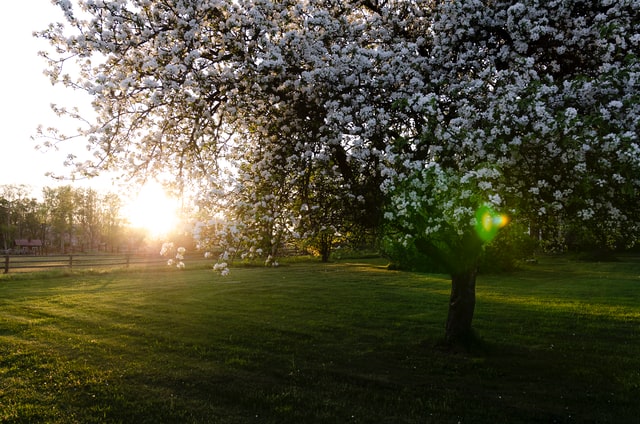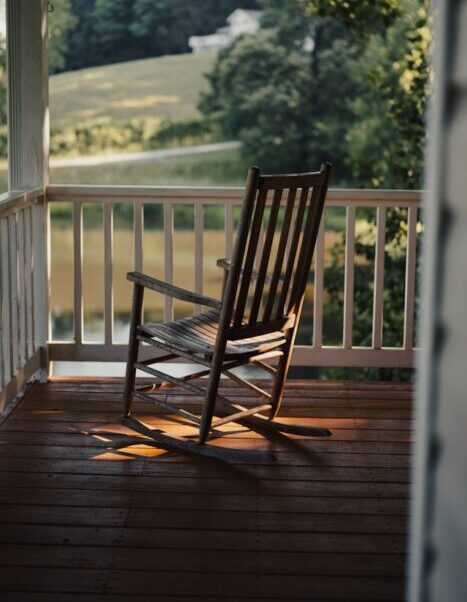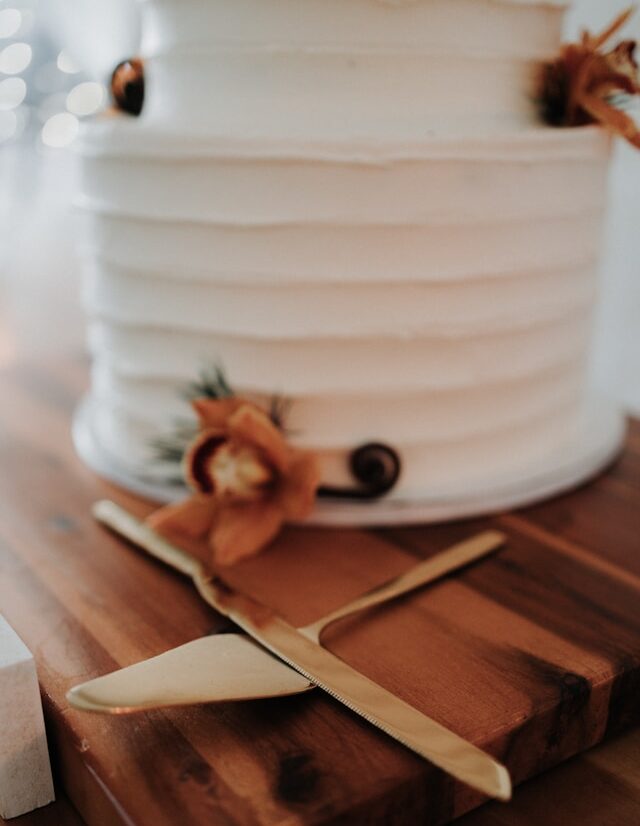Philomena
For as long as I can remember I was in love with Philomena. I can picture her now sitting in dappled shade under an apple blossom tree in the full light of summer, her cream stockinged legs tucked girlishly under her dress, her glossy pink shoes peeping out from under a soft fold of gold-laced cloth, her long thick blond hair flowing loose and effervescent down her back in a festive cascade of splashing gold.
A wraithlike glow enveloped her, as if she was some otherworldly spirit come to call on her corporeal friends. She was surrounded by a gaggle of girls, like a queen among her maids-in-waiting. All that was missing was the crown. At least, so I thought, but then I saw that she was wearing a crown, a majestic tiara of interlocking daisies, so delicate it was only just visible against the lustre of her flaxen hair.
She seemed so much larger than the other charmless creatures in the circle around her. They were so small and inconsequential in contrast. Her voice too was ethereal, soft like a hymn sung by fasting nuns in the early hours of dawn, while the other children sounded like hens and ducks at feeding time, their cacophonous speech no more than cackles and squawks.
As boys, we were not allowed into the inner circle, I sat on the edge, at some distance, staring in awe, discreetly lapping up her delectable utterances, breathing in the scent from her apple-blossom skin. Just to be within a two-yard radius of this human goddess I was transcended. ‘This is how a mortal must feel,’ I thought, ‘in the presence of an angel.’
I felt unworthy to be near her and would no doubt have died of shame if she so much as looked at me, but of course she didn’t. Philomena didn’t look at people. They looked at her. She was haughty, remote, untouchable. I was no more than a shabby pilgrim come to pay homage to a visiting deity. My act of worship done I would silently retreat from her sacred presence, renewed and exhilarated, having received enough of her aura to feed my dreams and thoughts for many weeks, even years.
Philomena was forever present within me, inhabiting my dreams both day and night. Yet, as far as I can remember, we never stood face to face, never exchanged a single word. She must have known my name, knew that I was the little boy from the farm on the other side of the valley, her younger brother’s best friend, but that was all, for she never uttered my name, never called me to her side or gave any indication that I was anything more than another obnoxious little boy that existed in the outer regions of her star.
I was about eight years old when I first swooned in her presence. She had come to be with her family for the weekend. As sometimes happened at that time in Ireland, she had been farmed out to a childless aunt and uncle. They were wealthy people who lived in a beautiful house and garden on the other side of the county. Treated like an only child she had everything, the best clothes, the best toys, the best education.
There was no attempt to hide from her who her real parents were and I’m sure they didn’t love her any the less, possibly a great deal more, for being absent. They were always so proud of her. She was a superior being, so confident in her spotless new clothes, so worldly with her scintillating knowledge. Her brothers and sisters, both older and younger, were so humble, so lacking in self-assurance.
Though I carried her around with me always, I longed to see her in person. I didn’t dare ask when she was due to visit. I just wished and hoped she would be there when I passed by to play.
Philomena marked my life in a very distinct way. She represented the standard by which I judged all future women in my life. And because I neither saw the blemishes on her skin nor the imperfections of her mind, she remained flawless, the epitome of perfection.
I last saw Philomena when I was eleven. She was nearly twelve. She was taller than me and already a woman, with prominent bulges on her chest and a perfect sand-glass figure. She had also developed coquettish manners, which I have always associated with femininity, the way she swept the hair off her face with a delicate flick of her wrist or pouted when she became aware of being observed. Again, we exchanged neither a word nor a glance. She was going back to her adopted aunt and uncle after the summer break and I was off to Dublin to boarding school.
After that, news of her was intermittent. She excelled at school but for some reason didn’t go to university. Much to the horror of both sets of parents she joined a circus school and became an acrobat. I loved to imagine her lithesome body sailing through the air at thrilling heights, her golden fleece flowing out behind her. She would have found my academic studies very dull. I was never one to enjoy danger. The only risks I took were climbing trees or crawling along fragile rooftops in her real parents’ rambling home. I would never have had the confidence or the self-discipline to learn to jump from one trapeze to another.
In her mid-twenties she married a stuntman, who was also a trained pilot. She left the circus and joined him, doing stunts at air shows and for films. Apparently, she would climb out on to the wing of the plane and do all sorts of acrobatic stunts. If she had been my wife I would never have let her put her life in danger like that. I became a teacher. How dull that would have been for her. I’m sure she despises teachers. Teaching is the coward’s profession. No risk involved, just slog and patience.
In the end, her husband was killed in a plane crash while they were doing a stunt for a war film. She miraculously survived. Despite the accident and the loss of her first husband, Philomena continued to fly, but commercially. She ferried celebrities and CEOs around the world in her jet plane, which she bought with the money she received from her husband’s life insurance policy. I wondered how many celebs fell in love with her. Did she ever have affairs with them? The thought made me jealous because I know she would never have looked twice at me.
In her late thirties she remarried, this time to the son of an English lord. Word had it that she had become very anglicised and spoke English with diction that could only be compared to that of the Queen herself. I wondered how she fared in aristocratic circles but I had no misgivings about her success. Philomena would have been in her element. She had come a long way from her Irish farming background. Anyone meeting her could not have imagined that as a child she had spent her summers eating boiled cabbage and bacon off a battered bench table that hadn’t seen a coat of varnish in a hundred years or that her family only survived by scrimping and scraping on their small farm.
When told about her Irish origins, people would have imagined she was the daughter of some wealthy Irish businessman or landowner who had sent his daughter to a private school in England and a finishing school in Switzerland. I often wondered whether this was Philomena’s ambition all along. She certainly would never have been happy with an Irish farmer’s son like myself, however many letters he had after his name or however high he reached in his profession. By now, I had been a headteacher for some years and was living a well-to-do life in a wealthy suburb of Dublin.
Philomena never had children and I often wonder whether this was by accident or design. Maybe she knew she would not have had the patience or the affection to be a mother. Having children would have been such a mundane pastime for her. She would most likely have farmed her children out to nannies or childless aunts or uncles in the way she had been. There would have been no point in having children. They would have been a burden. By now, my children were almost grown up, preparing to go to university.
Did she love her husbands? No doubt they doted on her and treated her like the queen she was. She also chose her husbands well, first, a man willing to provide her with the danger she craved, second, a man who could give her the social position she felt she deserved.
In many ways, I am glad I never had the guts to pursue Philomena. If I had succeeded in conquering her, I would have been a constant disappointment; too conservative, too cautious, too academic, too content with small things. I would have doted on her as her husbands did and tried to give her everything she craved, but I doubt I would ever have succeeded and would have ended up paying the price.
I still wonder whether she ever noticed that little boy who adored and worshipped her. Does she even remember his name, if she even knew what it was in the first place?

Ian Douglas Robertson is a graduate of Trinity College Dublin. He lives and works in Athens, Greece, as a teacher, actor and translator. He has had a number of poems and short stories published in online and print magazines as well as three books of non-fiction in collaboration with his wife Katerina. He has also recently published several novels, available on Amazon, including Break, Break, Break, Under the Olive Tree, The Frankenstein Legacy, On the Side of the Angels, The Reluctant Messiah and The Adventures of Jackie and Jovie.



